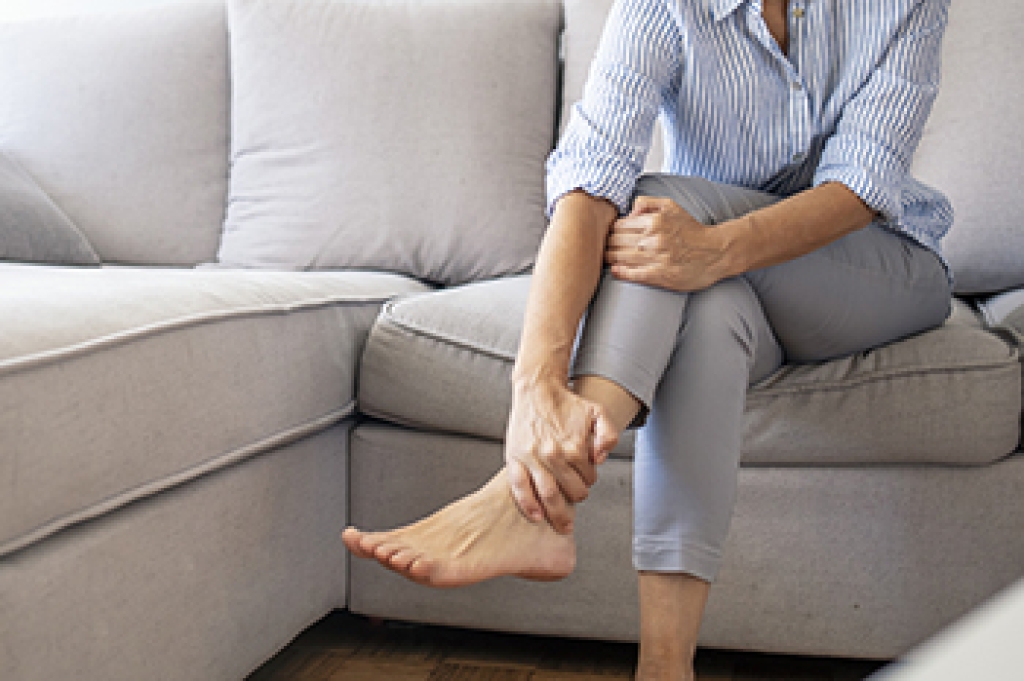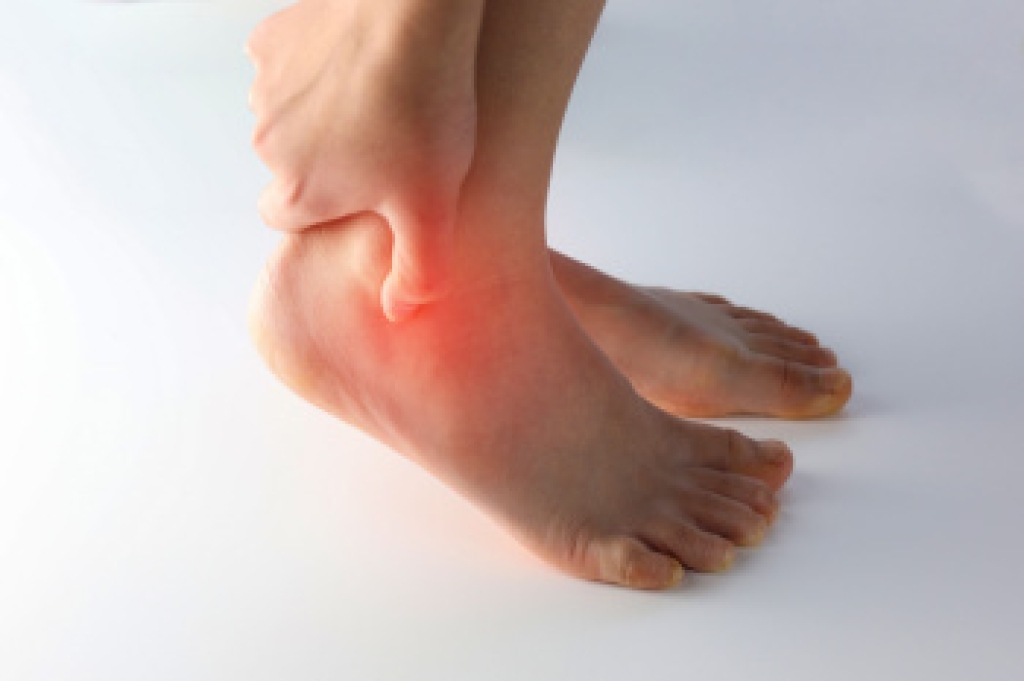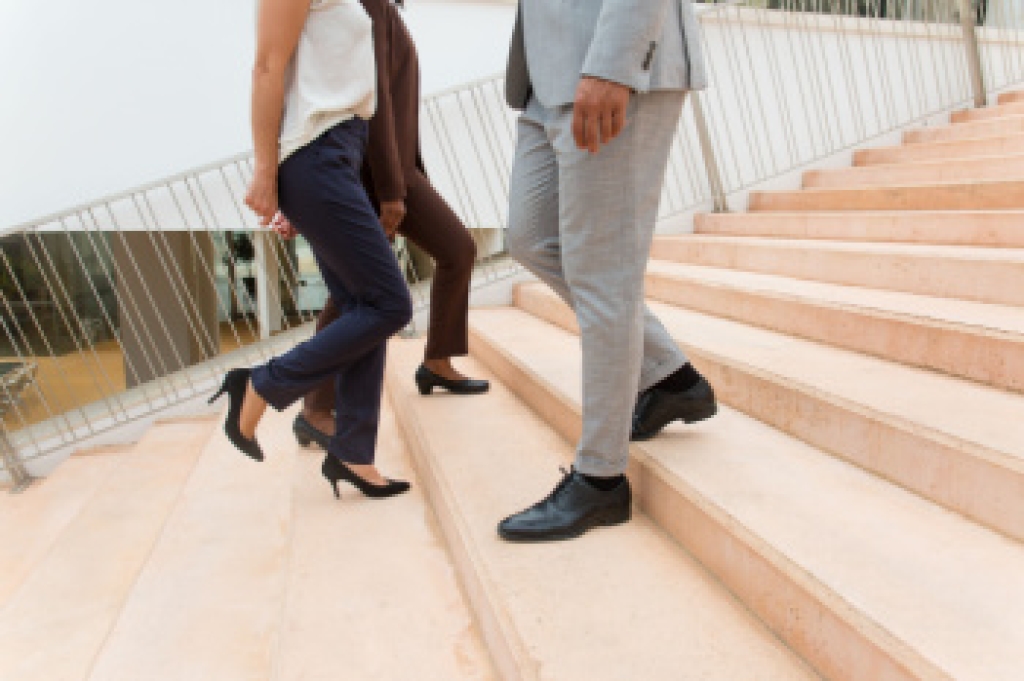
Choosing the right walking and running shoes is essential for comfort, performance, and injury prevention. Walking and running shoes differ in design, cushioning, and flexibility, based on how the foot strikes the ground during each activity. Arch type plays an important role, as high, low, or neutral arches require different levels of support. Gait type also matters, since the way your foot rolls can influence stability and shock absorption. The type of exercise you perform determines the amount of cushioning, responsiveness, and durability needed. A podiatrist can evaluate your arch structure, gait pattern, and activity level to recommend appropriate footwear or custom orthotics. If you have foot pain or are unsure which shoes are best for you, it is suggested that you consult a podiatrist who can treat various foot and ankle injuries, and guide you on the best shoes to wear for your desired activity.
For more information about walking shoes versus running shoes, consult with the foot specialists from Academy Foot and Ankle Specialists. Our doctors can measure your feet to determine what your needs are and help you find an appropriate pair of footwear.
Foot Health: The Differences between Walking & Running Shoes
There are great ways to stay in shape: running and walking are two great exercises to a healthy lifestyle. It is important to know that running shoes and walking shoes are not interchangeable. There is a key difference on how the feet hit the ground when someone is running or walking. This is why one should be aware that a shoe is designed differently for each activity.
You may be asking yourself what the real differences are between walking and running shoes and the answers may shock you.
Differences
Walking doesn’t involve as much stress or impact on the feet as running does. However, this doesn’t mean that you should be any less prepared. When you’re walking, you land on your heels and have your foot roll forward. This rolling motion requires additional support to the feet.
Flexibility – Walking shoes are designed to have soft, flexible soles. This allows the walker to push off easily with each step.
If you have any questions, please feel free to contact our offices located in Southlake, Keller (Fort Worth), Hurst, North Richland Hills, Flower Mound, Argyle, and Denton, TX. . We offer the newest diagnostic and treatment technologies for all your foot care needs.




